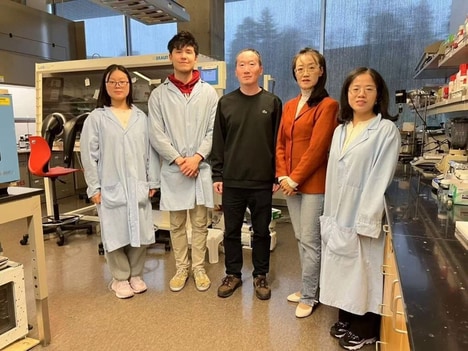
Researchers at Washington State University have developed a breakthrough in lithium–sulfur battery design using corn protein to improve performance and battery sustainability. By applying a zein-based coating — a biodegradable substance derived from corn — the team addressed key limitations of lithium–sulfur batteries, namely chemical instability and short lifespan.
The coated batteries demonstrated a significant improvement, retaining energy capacity over 500 charge-discharge cycles. Lithium–sulfur batteries are already lighter, cheaper, and use more abundant materials than conventional lithium-ion types, but they’ve struggled with scalability due to leakage and degradation. This innovation may offer a path forward.
The use of a plant-based, naturally sourced additive adds further environmental benefits, potentially reducing battery toxicity and increasing recyclability. As energy storage becomes critical to decarbonizing transport and power grids, such sustainable battery designs could play a key role in building greener infrastructure at scale.
Image Credit: Washington State University
